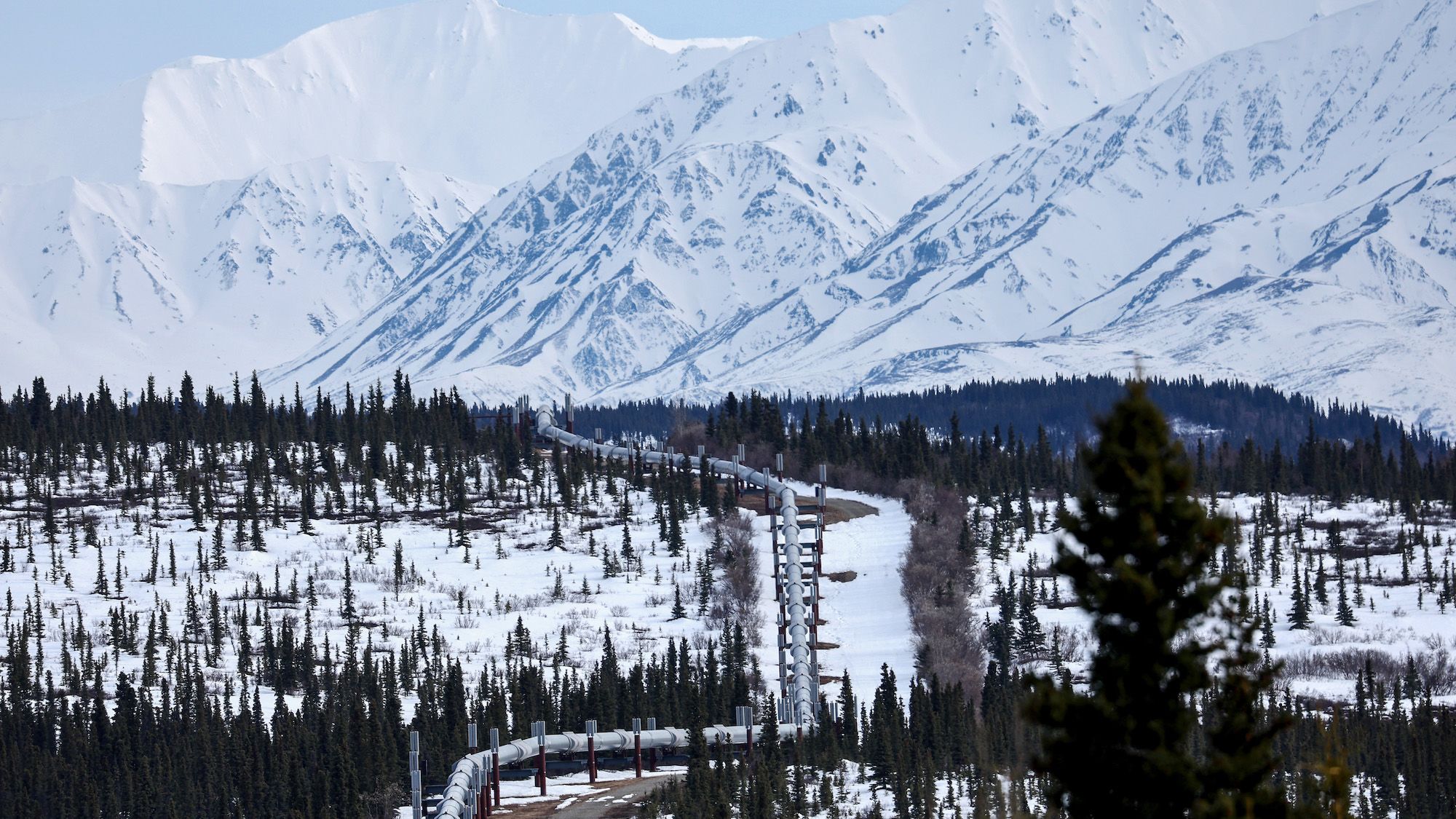By Ojukwu Emmanuel Chiadikaobi
In a decisive environmental move, the Biden administration announced the prohibition of fossil fuel drilling in nearly half of the National Petroleum Reserve in Alaska (NPR-A), impacting approximately 13 million acres in the Western Arctic. This area, accounting for about 40% of the NPR-A, includes critical habitats for species like polar bears and caribou. The announcement on Friday marks a significant policy shift aimed at conserving sensitive ecosystems, although it comes amid potential political repercussions.
This measure follows contentious debates, especially after the March 2023 approval of the ConocoPhillips-owned Willow project, which sparked significant backlash from environmental groups and young activists. President Biden, emphasizing the need for ongoing environmental stewardship, stated, “These natural wonders demand our protection,” acknowledging both the accomplishments and the challenges ahead in tackling the climate crisis.
However, the decision has not been without controversy. Some local Alaska Native groups and the state’s bipartisan congressional delegation have expressed concerns, citing economic impacts and a reduction in tax revenue critical for funding local services like education. Critics argue that the drilling restrictions could hinder local development and complicate U.S. energy independence efforts.
Despite these challenges, President Biden’s administration points to the record levels of oil production during his tenure and the decrease in gas prices as indicators of a balanced approach to energy policy and environmental conservation. The move aligns with broader climate goals, setting a precedent for future administrations in managing the nation’s natural resources amidst the global climate crisis.

